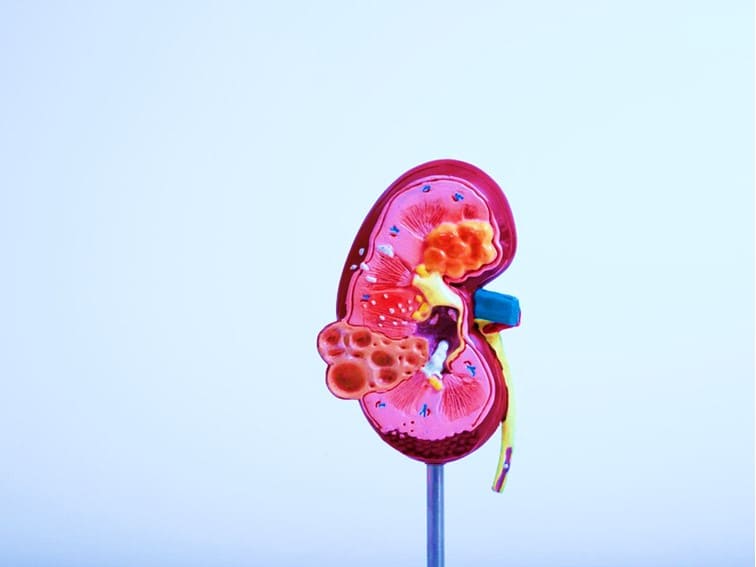Acute kidney injury is the sudden loss of kidney function. It can be a minor loss of function or a complete loss of function (kidney failure)
Acute kidney injury can develop suddenly whereas chronic kidney disease develops gradually over a period of time.
The condition develops suddenly – therefore, early detection and prompt treatment can prevent complications. Without treatment, toxic chemicals, excess water, and salts accumulate in the body and may affect other organs.
Acute kidney injury can affect anyone irrespective of age.
Symptoms of Acute Kidney Injury
Fatigue, nausea, and vomiting,
Urinating less than usual,
Swelling in legs, ankles, and around the eyes,
Drowsiness and confusion.
AKI can make existing conditions such as diabetes, high blood pressure, and heart issues more serious and can also lead to kidney failure.
Who is at risk of AKI?
People above 65 years of age
Severe infections or sepsis can cause kidney injury
People with existing kidney disease
People with Long-term conditions – such as diabetes, liver and heart disease
Medications use – excess use of painkillers or antibiotics
What are the causes of AKI?
In most cases, kidney injury develops as a complication of another health condition especially when it causes reduced blood flow to the kidneys.
For instance, in conditions like heart attack, and heart failure when the pumping function of the heart is reduced causing less blood supply to the kidneys
Excessive vomiting, bleeding, severe dehydration, or diarrhea can cause dehydration and less blood supply to the kidneys leading to AKI
Some conditions such as vasculitis or glomerulonephritis which cause severe inflammation in the kidneys can also cause AKI.
Diagnosing Acute Kidney Injury
The doctor takes into account your complete medical history, evaluates your symptoms, does a proper examination, orders blood tests to measure the levels of electrolytes, and creatinine, and also does urine tests.
The urine sample will be tested for protein, sugar, and blood cells to determine the underlying cause.
An Ultrasound scan is needed to check for any blockage to the kidneys.
Your nephrologist makes a diagnosis of kidney disease based on the symptoms and test reports.
Treatment of AKI
The main goal of the treatment involves identifying the illness or injury that is causing kidney injury and to provide the treatment accordingly.
Your treatment options depend on the cause of your kidney injury.
The topmost priority of a nephrologist is: To detect AKI as early as possible, initiate prompt treatment and save kidney function in time, and prevent long-term kidney damage and kidney failure.

Leave a Reply